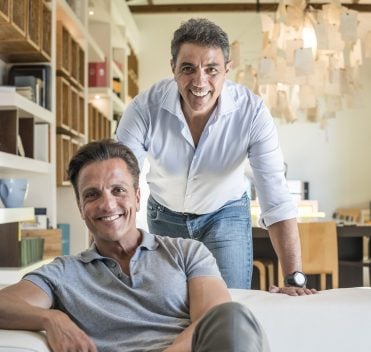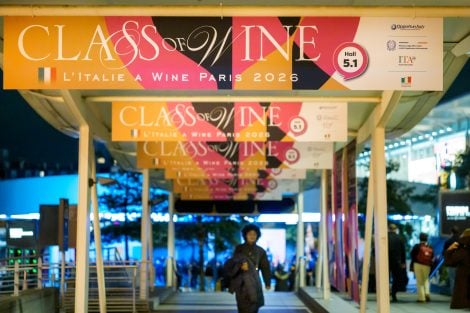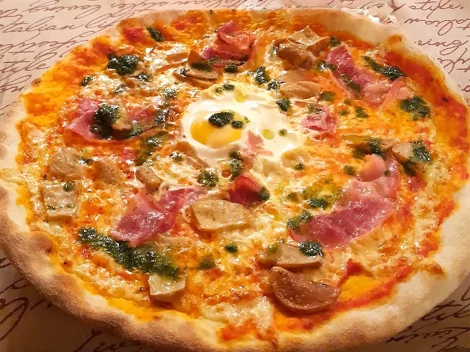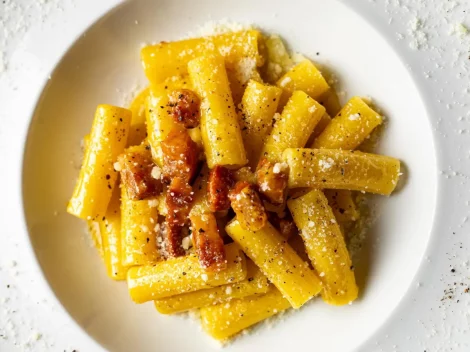A minimum of three months of bottle ageing before release and an ageing potential of at least three years. No, we’re not talking about wine — or almost. Komb(w)ine is a beverage with less than 1.5% alcohol, created from single-varietal grape must, tea, aromatic herbs, and Scoby — a culture of bacteria and yeast that initiates the fermentation process by feeding on the naturally occurring sugars in the must.
“It’s not a wine… even if we make it starting from grape must. It’s not a kombucha, even if we use Scoby to make it,” reads the press release. Born from the collaboration between oenologist Andrea Moser and Ettore Ravizza, owner of “Legend Kombucha”, this is a hybrid between the world of wine and that of fermented beverages.
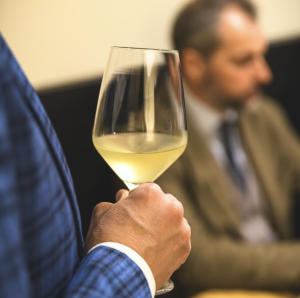
A Comparison with Dealcoholised Wines
During the latest edition of Vinitaly, we invited Moser to our stand to present his product during the Zero Tasting event, where we explored the no-alcohol topic through a guided tasting panel. According to the oenologist, this new beverage could be a valid alternative to dealcoholised wine due to the significantly lower energy required for production. The creators describe it as a naturally alcohol-free oenological product.
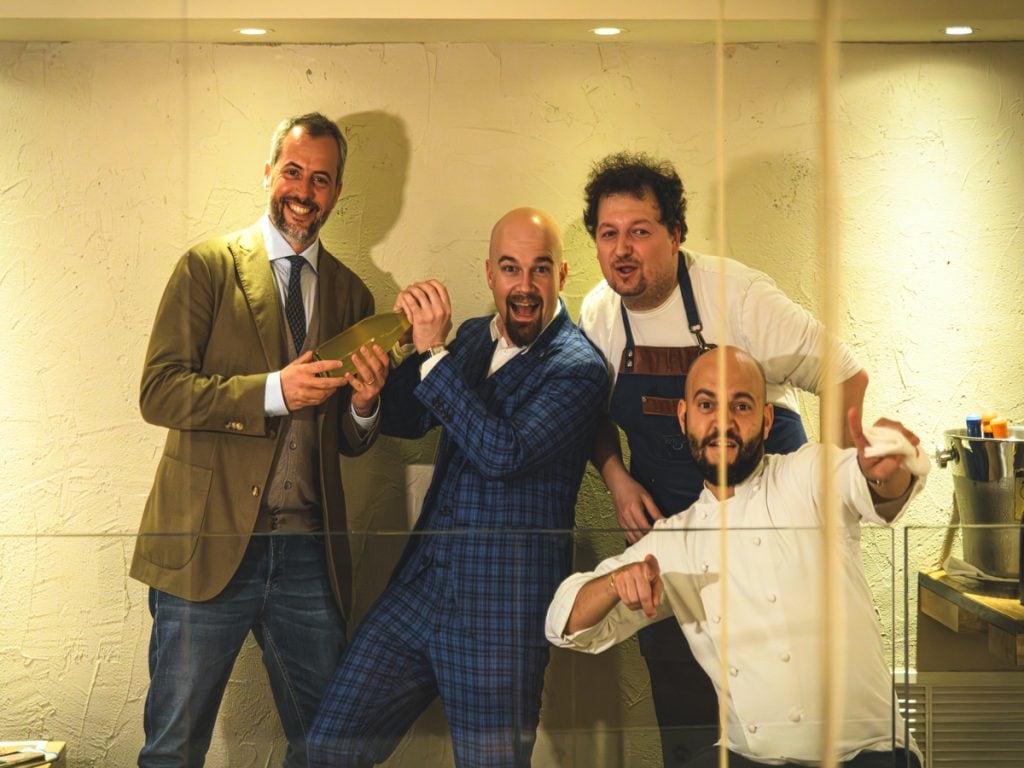
Our Tasting Notes
So how does it hold up from a tasting perspective? At first glance, it could be mistaken for a refermented wine: crown cap, an abstract geometric label, and a straw-yellow, slightly hazy liquid. Once poured, it releases a burst of yeasty and citrus aromas, but shortly thereafter, the bouquet unfolds with airy notes of white peach, hints of anise, mountain herbs, and citron peel, along with fresh must undertones. On the palate, it is taut and refreshing, featuring a crisp acidity accompanied by vivid floral notes.
The drinking experience is continuous and evolving, with delicate tannins and herbal nuances. There is no sense of alcohol, yet the sip shows structure and energy. However, it is in the finish that Komb(w)ine truly shines: a sharp and clean close, undeniably thirst-quenching.

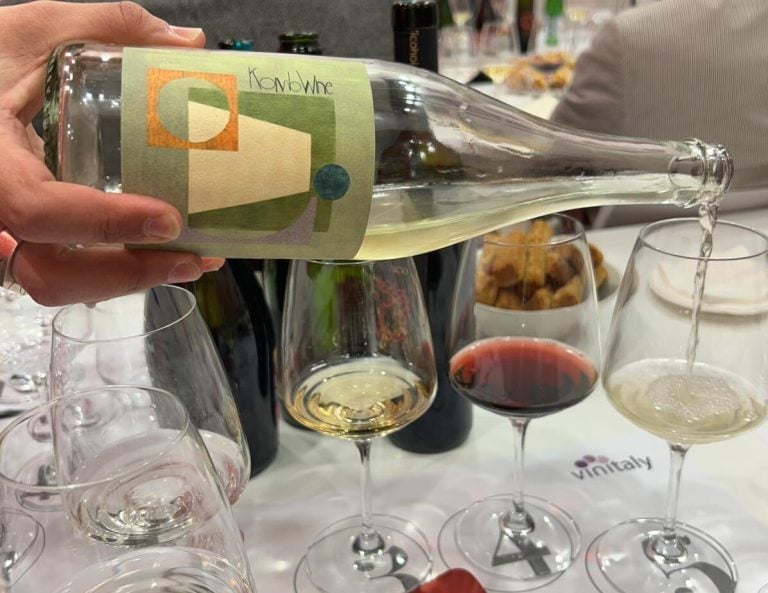
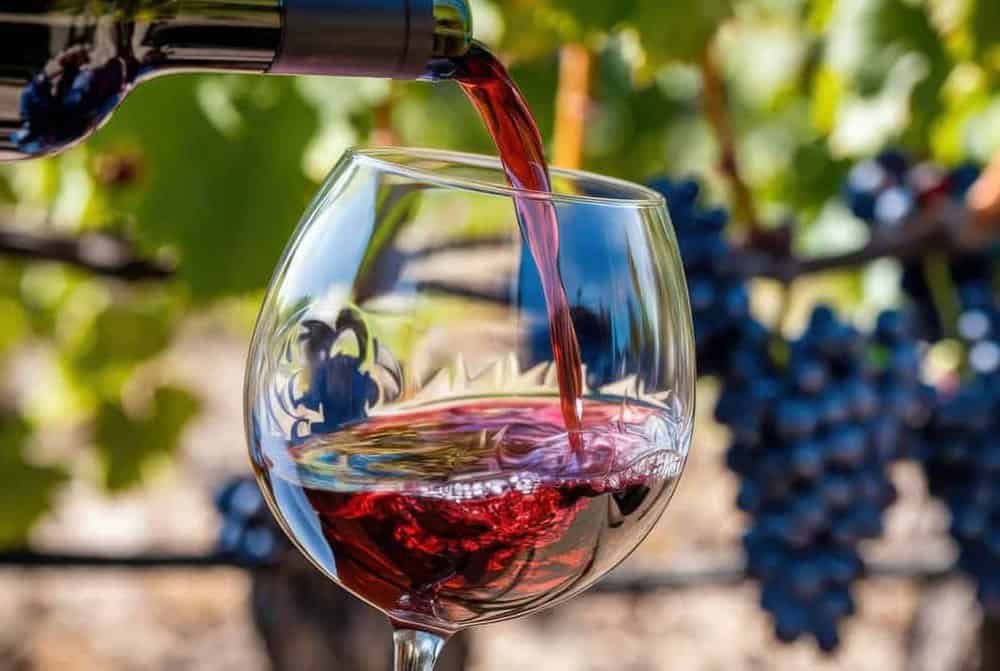 What is Ormeasco?
What is Ormeasco?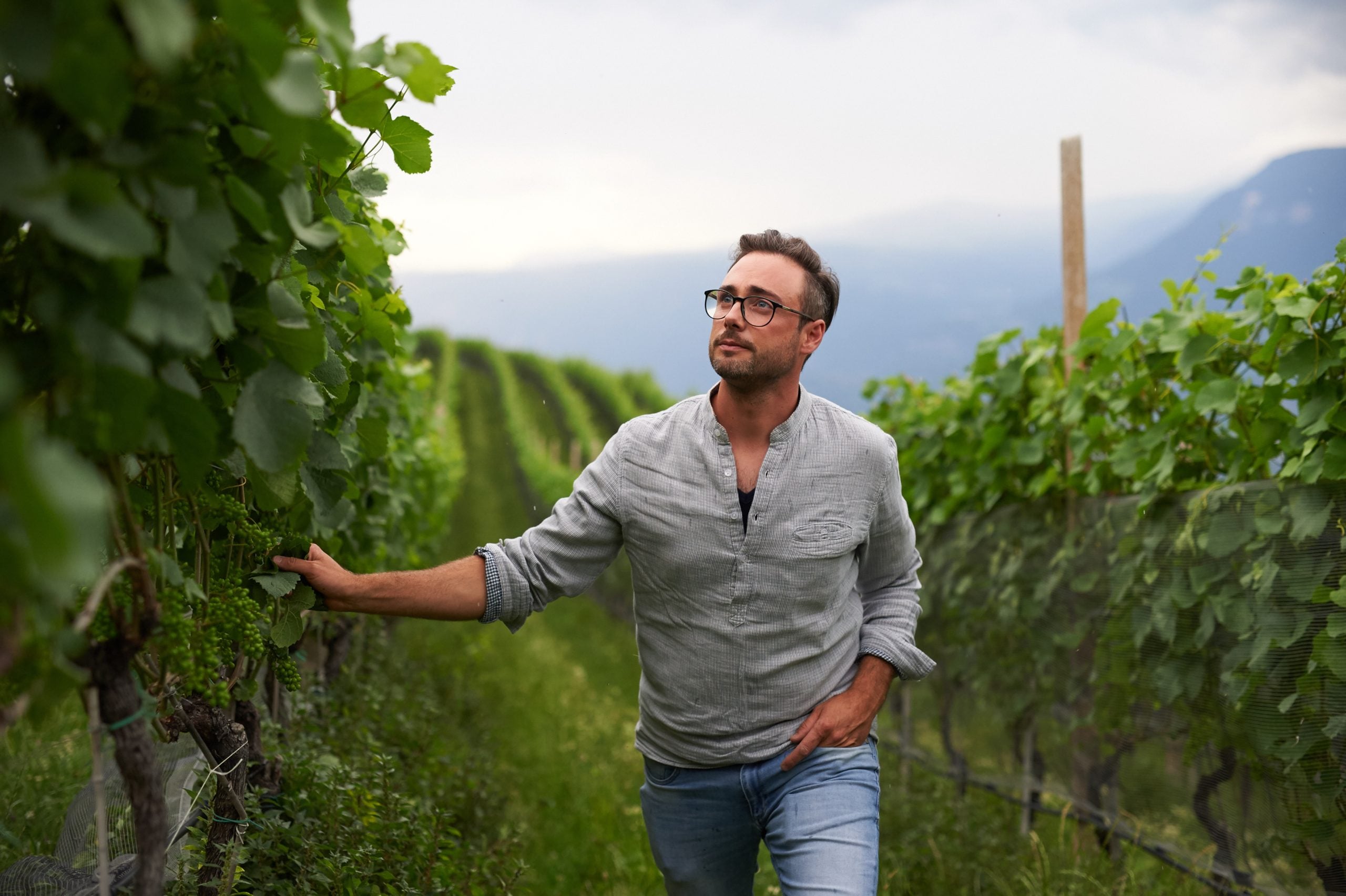 The role mapping played in the creation of one of Alto Adige's best Sauvignon Blancs
The role mapping played in the creation of one of Alto Adige's best Sauvignon Blancs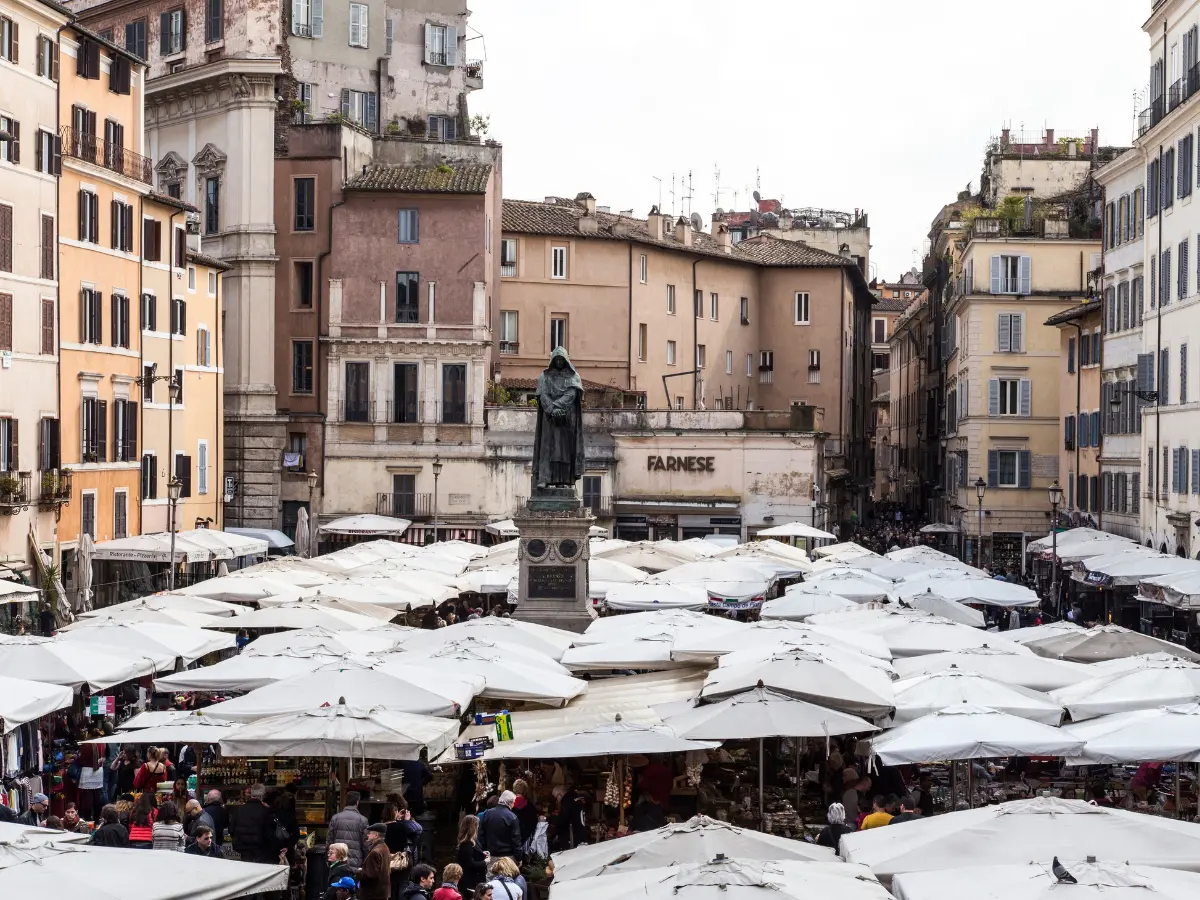 'Campo de’ Fiori is no longer a market': The transformation that no one talks about
'Campo de’ Fiori is no longer a market': The transformation that no one talks about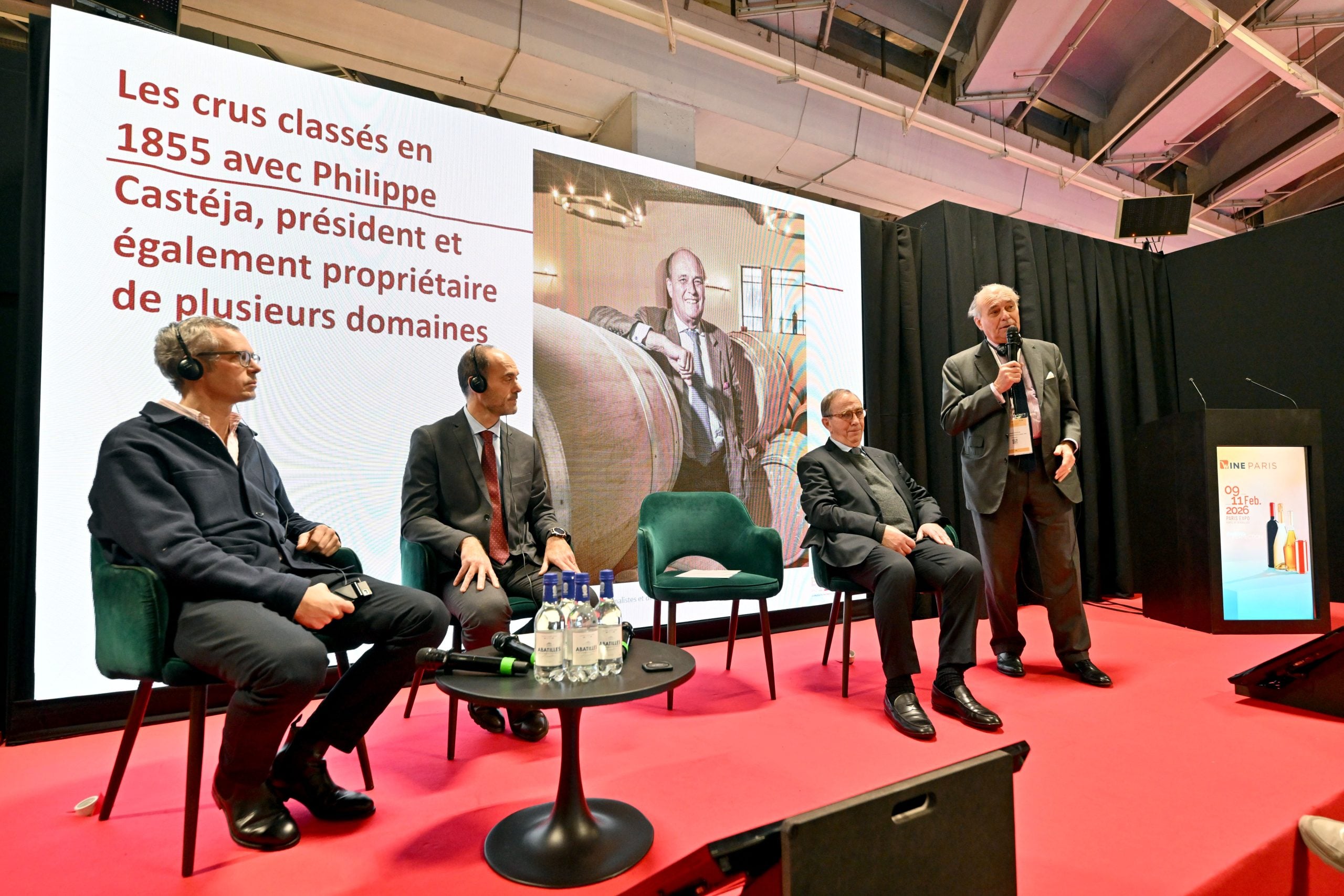 'Excellent products will remain excellent' – but does Old World wine have to adapt to survive?
'Excellent products will remain excellent' – but does Old World wine have to adapt to survive? Why 'the rules are still being written' for non-alcoholic drinks
Why 'the rules are still being written' for non-alcoholic drinks

